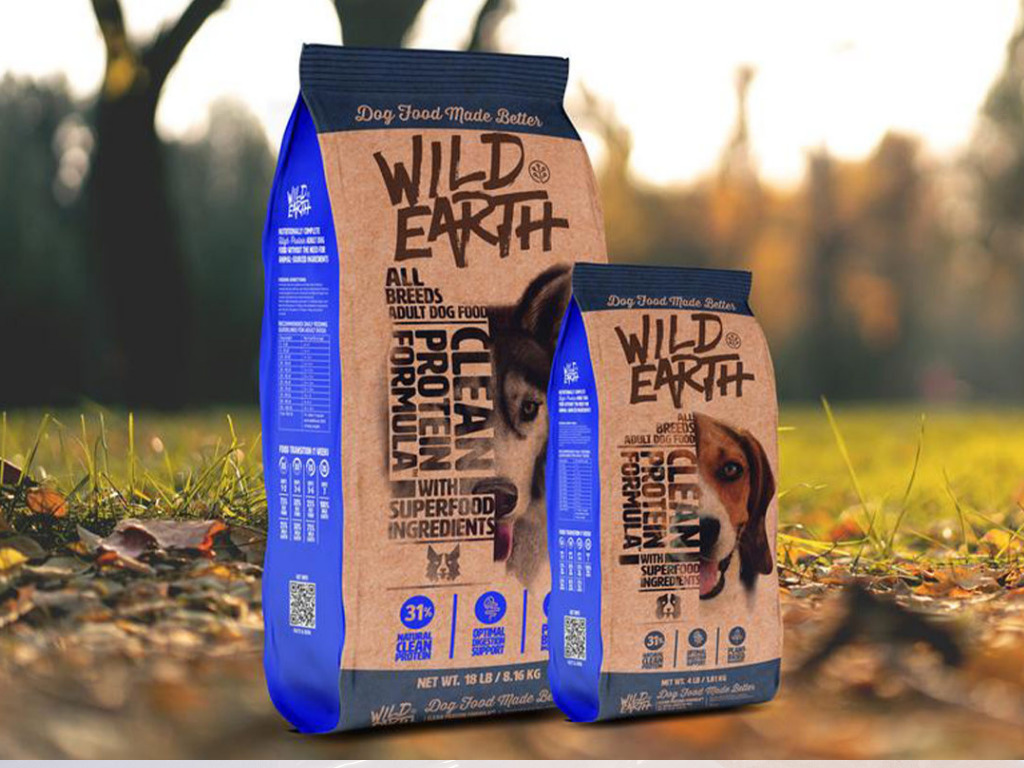3 Mins Read
A veterinary professor in the UK says his research showed that cats and dogs had “as good, or better, health outcomes on plant-based diets as they did when fed on meat pet foods, provided these were carefully formulated with additional synthetic nutrients.”
University of Winchester veterinary professor Andrew Knight said cats and dogs need a specific set of nutrients in their diets. So long as that is provided and the food is tasty and digestible, it doesn’t matter whether the animals are eating meat or plant-based food. “The claim is animals on vegan diets will necessarily become ill and it’s somehow cruel to maintain them, is contrary to the scientific evidence in this field and is ignorant,” he told The Guardian.

Knight’s unpublished research is part of a larger study around vegan versus meat-based pet foods. That research noted that “consumer suspicion of conventional pet foods, along with perceived health benefits of alternative diets, are fueling scientific research of the latter. However, the study also notes that some believe vegan diets for pets may be “less palatable, or may compromise animal welfare.”
This debate has been ongoing for years. Proponents of meat-based diets argue that cats and dogs require certain nutrients that can only be found in animal-based pet food. Cats, for example, cannot produce the protein taurine and have to absorb it from sources such as chicken or beef. According to BBC Future, cats that do not get enough taurine are at risk of developing health problems, some of them fatal.
Knight, in his research, does not appear to be arguing that any plant-based pet food diet will do. As noted above, vegan pet food needs to include the specific nutrients necessary for cats and dogs to stay healthy, even if they are synthetically derived nutrients.

Healthier vegan options for pets
More companies developing plant-based food for pets pay attention to such needs nowadays. Omni’s vegan dog food, for example, is formulated with the help of veterinary nutritionists. The company says it contains 30% protein, which is higher than most meat-based brands.
Omni founder Dr. Guy Sandelowsky, himself a veterinarian, told Green Queen last year that he was inspired to start a vegan pet food brand after discovering the poor nutritional quality of most pet food. “When I learned about plant-based options for dogs, I was suspicious but the research all adds up,” he said.
Wild Earth is another notable example. Founded by IndieBio co-founder Ryan Bethencourt — a longtime vegan and impact investor — the company closed a deal with Mark Cuban on Shark Tank in 2020. More recently, Wild Earth announced it will be launching new cat and dog foods in 2022 that include cultured beef, chicken, and seafood products.
Wild Earth’s news underscores another important reason consumers and startups alike are gravitating more and more towards plant-based diets for pets. Commercial pet food is currently estimated to drive as much as a quarter of the environmental impact of the factory farming industry. As is the case with meat for human consumption, alternative pet foods made from cell cultures may provide another avenue for meeting dietary needs in a more sustainable manner.
Lead image courtesy of Omni.



